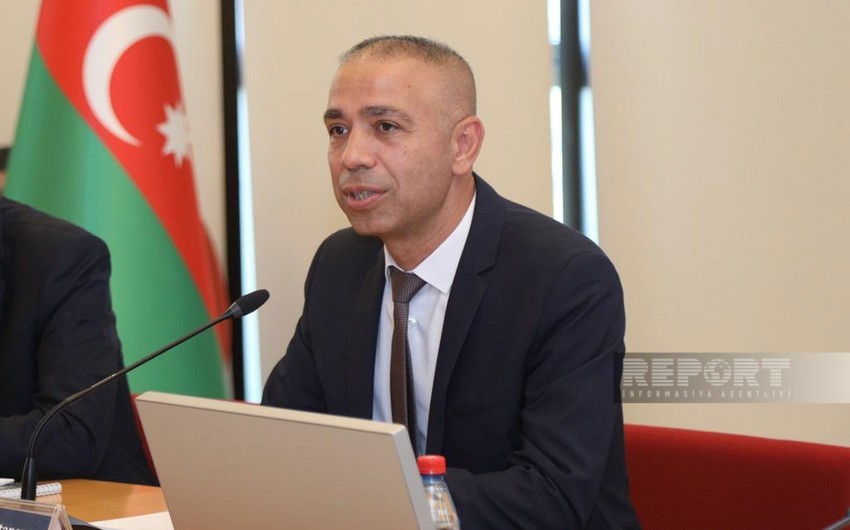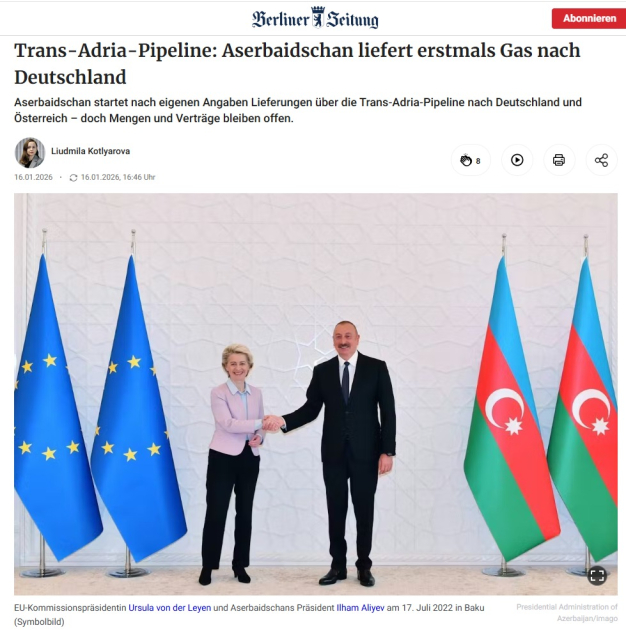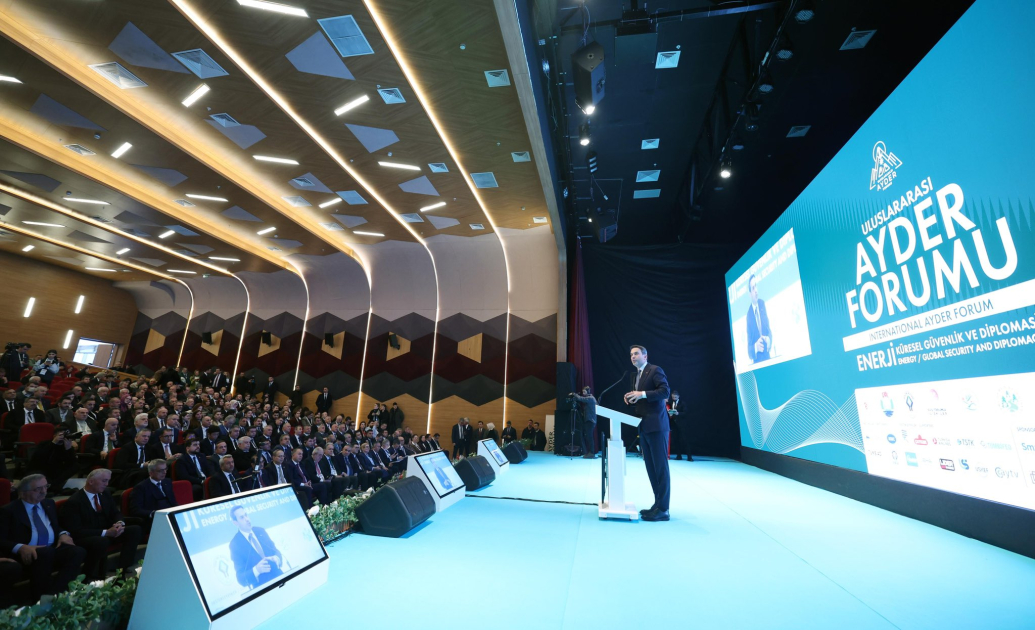Azerbaijan is restructuring its energy sector to meet the demands of a green economy, having already adopted four key energy laws, with three more currently in development—including a strategically important law on heat supply, Deputy Minister of Energy Elnur Soltanov said during a panel discussion titled “Azerbaijan: Emerging Gateway to Green Growth and Connectivity” at the European Bank for Reconstruction and Development (EBRD) Annual Meeting in London.
According to Soltanov, the focus is on energy efficiency, renewable energy development, and sector liberalization.
He highlighted the significance of the draft law on heat supply, which aims to develop centralized heating systems—a segment still underdeveloped in Azerbaijan. The law envisions the integration of modern technologies, including heat pumps, and is directly linked to the country's energy efficiency targets.
Soltanov also mentioned that, with support from the EBRD, work is underway on a law to establish an independent energy regulator, which will play a key role in ensuring tariff formation based on actual costs—a crucial step for the sustainable development of the energy sector.
“The share of renewables in total installed capacity is expected to reach 32% by 2028, two years ahead of schedule,” Soltanov said.
In addition to attracting foreign direct investment (FDI), special attention is being given to supporting prosumers—consumers who also produce electricity. Citizens are now allowed to install solar panels with a capacity of up to 150 kW and sell excess electricity back to the grid.
The deputy minister emphasized the importance of the energy efficiency law, which will be followed by a dozen bylaws covering building certification, household appliances, energy audits, and more. An Energy Efficiency Fund with a sustainable financial base has been established, funded through fossil fuel taxation.
Soltanov noted that the country faces serious challenges, including a deteriorated housing stock inherited from the Soviet era, which was not built with energy efficiency in mind.
“But this also creates a wide space for reform. Energy efficiency is becoming a new source of energy,” he stressed.
The Ministry of Energy, he added, plans to step up efforts in this area in the coming months and present new initiatives, making energy efficiency one of the country’s main energy policy priorities.

















